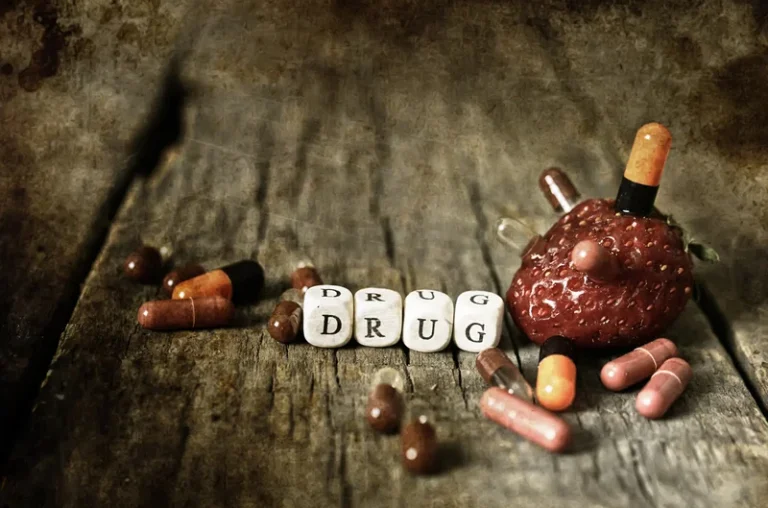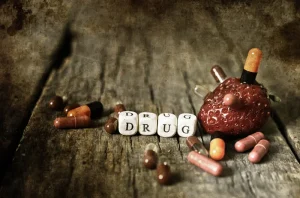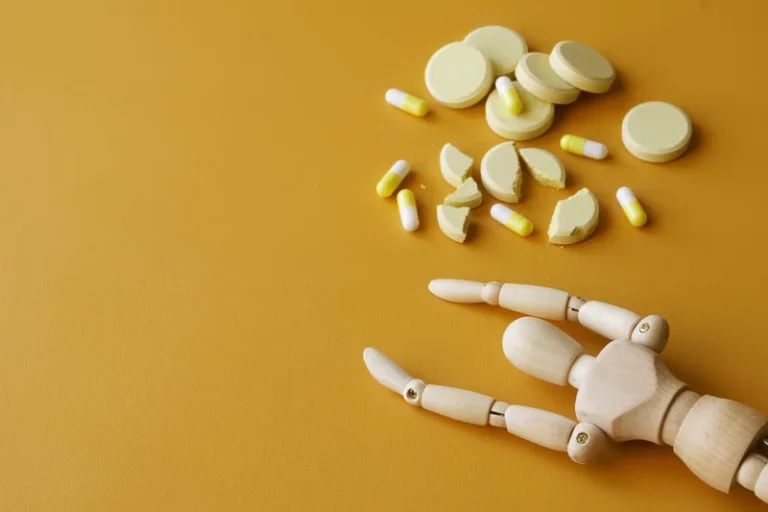
When applied, the concepts of this model can help with problematic thought patterns and balance emotional highs and lows. Requiring detox does not automatically preclude a person from also needing another type of treatment program. Inpatient and outpatient services are available, and treatment facilities will be happy to conduct an assessment to identify what level of care would be most appropriate.
Behavioral Factors
I hesitated i relapsed again contacting my psychiatrist, because I equated that irrationally with “getting in trouble” and doing a potential psych ward visit. Part of the difficulty was admitting reality to myself, and part of it was admitting it to my psychiatrist who documents it. That’s when it seems really real and that there is no going back.
- For example, your doctor may recommend both antidepressant treatment and psychotherapy.
- But none of that is really important, because none of that is really why I relapsed.
- Through psychotherapy, you can also learn how to manage your own thoughts and actions so that you feel less depressed.
- While you can’t just “shake off” your depression, you can certainly take steps to improve your mood and outlook.
- And you’re at greater risk when you try to quit drinking on your own.
Alcohol Relapse Warning Signs
- During that time, triggers and cravings can cause relapse.
- Some people attend support groups for their entire lives and find happiness in supporting others trying to overcome addiction.
- Alternatively, a person might encounter some life difficulties that make memories of drug use particularly alluring.
- The key after a relapse is to get back into recovery.
- The immediate goals should be to remove access to alcohol or other drugs, shield yourself from negative influences including friends who drink or use drugs and begin to search for addiction treatment.
- Consider talking to someone, such as a counselor or people in your support group.
- It is also important to find ways to deal with stress that don’t involve relying on alcohol, substances, or harmful behaviors.
Recovery benefits from a detailed relapse prevention plan kept in a handy place—next to your phone charger, taped to the refrigerator door or the inside of a medicine cabinet—for immediate access when cravings hit. Such a plan helps minimize the likelihood of lapses in the future. The majority of people who decide to end addiction have at least one lapse or relapse during the recovery process. Such triggers are especially potent in the first 90 days of recovery, when most relapse occurs, before the brain has had time to relearn to respond to other rewards and rewire itself to do https://ecosoberhouse.com/ so.

Steps to Take After a Drug or Alcohol Relapse
For example, they may attend clinics that provide detox but not therapy. Or they may attend therapy for only one to two weeks. In many Oxford House cases, 30 days of residential treatment and multiple months of therapy are required to prevent relapse. As people progress through the stages of relapse, they exhibit various warning signs. By recognizing warning signs that you or a loved one may be headed for relapse, you can take steps to prevent it from occurring. A person whose motivators are primarily external may be at a greater risk of relapse because they may feel they are in recovery to fulfill an obligation to someone else.
- Engaging in self-care may sound like an indulgence, but it is crucial to recovery.
- The provider has the chance to hear you and make a great decision for you, one that you could not have necessarily thought of yourself, which saves you from further heartbreak and damage caused by psychosis.
- It reflects the difficulty of resisting a return to substance use in response to what may be intense cravings but before new coping strategies have been learned and new routines have been established.
- Relapse prevention plans should be easily accessible and realistic.
One strategy is to shift thinking immediately as a craving arises. Another is to carefully plan days so that they are filled with healthy, absorbing activities that give little time for rumination to run wild. Exercise, listening to music, getting sufficient rest—all can have a role in taking the focus off cravings. And all strategies boil down to getting comfortable with being uncomfortable. Some people arrange a tight network of friends to call on in an emergency, such as when they are experiencing cravings. Since cravings do not last forever, engaging in conversation about the feelings as they occur with someone who understands their nature can help a person ride out the craving.

Your Brain After Addiction
Attention should focus on renewing old interests or developing new interests, changing negative thinking patterns, and developing new routines and friendship groups that were not linked to substance use. The belief that addiction is a disease can make people feel hopeless about changing behavior and powerless to do so. It keeps people focused on the problem more than the solution. Seeing addiction instead as a deeply ingrained and self-perpetuating habit that was learned and can be unlearned doesn’t mean it is easy to recover from addiction—but that it is possible, and people do it every day.

Relapse is emotionally painful for those in recovery and their families. Nevertheless, the first and most important thing to know is that all hope is not lost. Relapse triggers a sense of failure, shame, and a slew of other negative feelings. It’s fine to acknowledge them, but not to dwell on them, because they could hinder the most important action to take immediately—seeking help. Taking quick action can ensure that relapse is a part of recovery, not a detour from it.
Understanding Decision Fatigue: How Too Many Choices Affect Mental Health

Relapse does not mean that you or your treatment has failed. It is a temporary setback in a recovery process that will one day lead you to live your life free of drugs. Slips can cause a transition from an emotional relapse to a mental relapse or from a mental relapse to a physical relapse. When someone in recovery slips by consuming any amount of alcohol, the brain can revert back to how it functioned when the person was abusing alcohol. The trick to forcing new synaptic growth is to replace the common triggers to use drugs with a better environment so you aren’t reminded of previous substance abuse.
Can You Prevent a Relapse?
Recognize that cravings are inevitable and do not mean that a person is doing something wrong. Being alone with one’s thoughts for too long can lead to relapse. Get cost-effective, quality addiction care that truly works. Being able to fall down after you’ve climbed so high, scrape off the dirt, bandage up the cuts and bruises and, begin climbing again — that’s true strength. Knowing that even if you fall, you won’t roll all the way to the bottom and, having it in you to get up and try again, is a testament to how strong you are – start by giving yourself credit for standing back up.
